Telephoto lenses are great at making distant objects fill your frame, but they can be equally useful for capturing closer subjects. With long focal lengths comes a shorter depth of field and creamier background bokeh blur, which is just the ticket for isolating the object of interest.
Telephoto zooms can be picked up at relatively low prices and often have a decent zoom range like 70-300mm. However, you'll need to up your budget to get something with a wide aperture that stays constant throughout the lens' focal range – this gives you much more flexibility when you're shooting in low light and generally means better image quality too.
Fast, near-silent autofocus systems are worth paying for because they make the lens smoother to use, while fancy glass elements reduce aberrations like distortion and color fringing, and weather sealing protects your lens in bad weather. Optical image stabilisation is practically a must-have when using telephoto lenses, and you do without it at your peril.
The maximum focal length of the lenses in this roundup is 300mm, and this is fine for most sports and some wildlife photography. If you need more magnification than this, though, you're into super-telephoto photography, which you'll find in a separate guide.
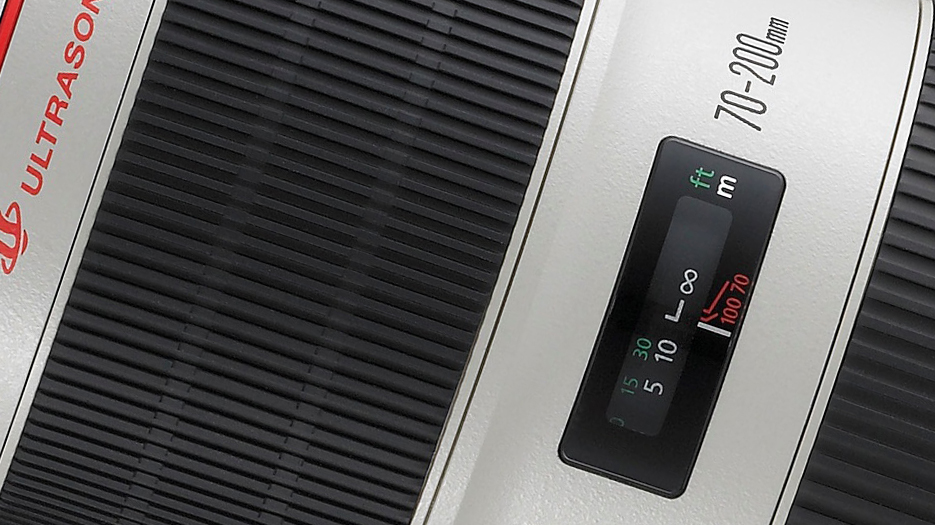
Canon lens names start with 'EF', 'EF-S' and 'EF-M', and this tells you which camera models they're designed for. EF lenses are designed for full frame Canon DSLRs, but they also work perfectly well on smaller APS-C Canons too. All but one of the lenses in our list are full frame, so they'll work on any Canon DSLR.
'EF-S' lenses, however, are designed solely for the smaller APS-C DSLRs in the Canon range from the EOS 7D Mark II downwards – they can't be used on full-frame Canon DSLRs. Only one of the lenses in our list is an EF-S lens, and that's the EF-S 55-250mm f/4-5.6 IS STM. It's a good value lens for an APS-C Canon DSLR, but it's no use later on if you upgrade to a full frame model.
'EF-M' lenses are designed solely for Canon's EOS M mirrorless cameras. You can't use them on any of the Canon DSLRs, so we won't include them in this list.
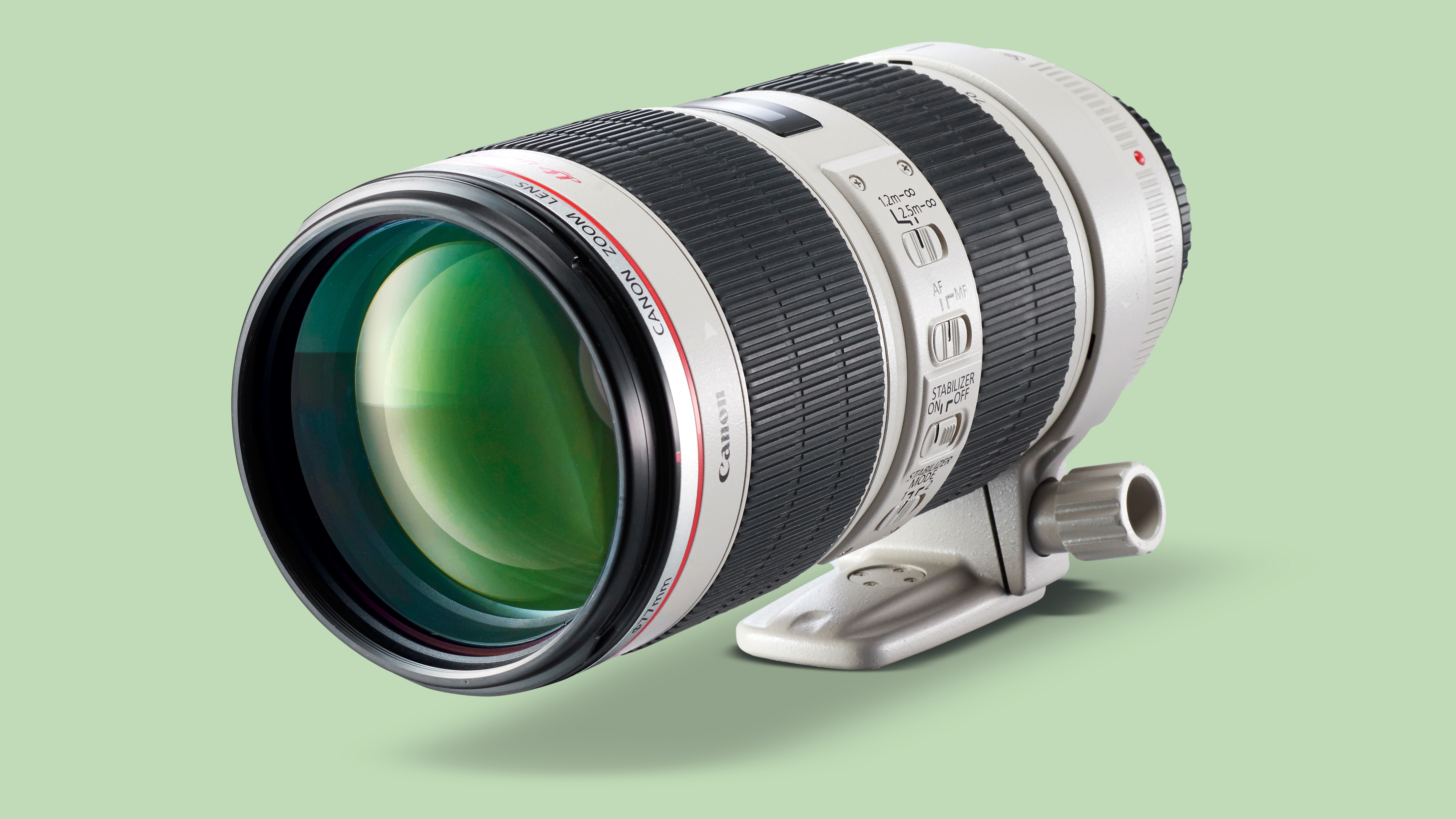
It’s easy to see why our winner is a firm favourite amongst pro shooters. The design features top-grade fluorite glass and five UD (Ultra-low Dispersion) elements, a virtually circular eight-blade diaphragm, and a dual-mode Image Stabilizer giving a four-stop advantage. An ultrasonic ring-type autofocus system provides super-fast focussing, even under dull lighting conditions. Everything’s wrapped up in a tough, weather-sealed magnesium alloy shell sporting control rings and switches which all operate flawlessly. Image quality is razor-sharp throughout the zoom range, even at f/2.8, while distortions, vignetting and colour fringing are all very well controlled.
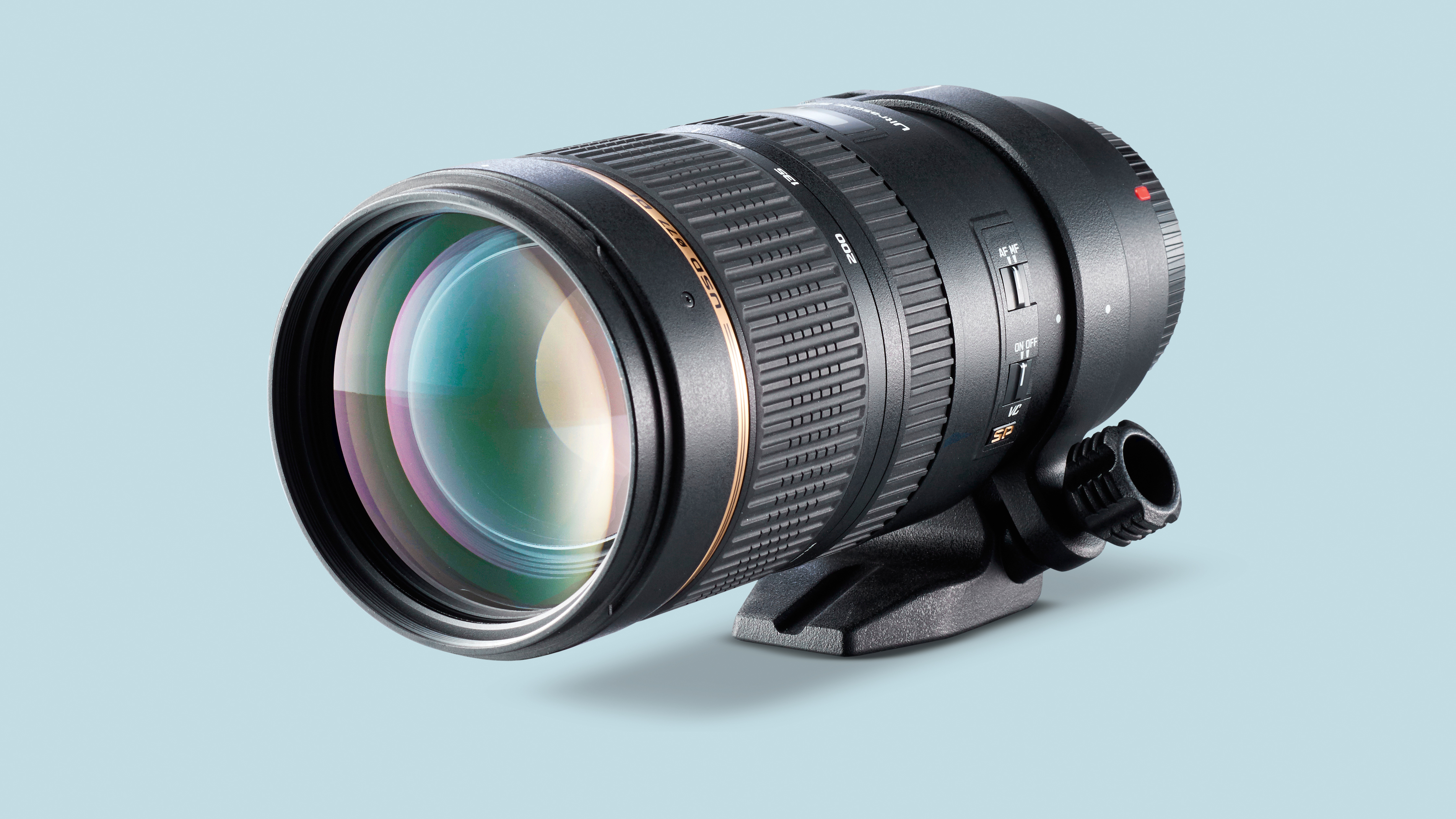
Can't quite stretch to our winner? Tamron's direct rival is very nearly as good, yet noticeably easier on your pocket. Four LD (Low Dispersion) and one XLD (Extra Low Dispersion) elements maximise image quality, as do multi-layer coatings and a nine-blade diaphragm. The magnesium alloy construction feels robust and is fully weather sealed.
Extra attractions include a focus limiter switch and impressively fast, near-silent USD autofocus. There's also Tamron's high-performing four-stop Vibration Correction system, which helps ensure terrific sharpness throughout the zoom range, even at maximum aperture.
Overall, a really excellent lens at a competitive price.
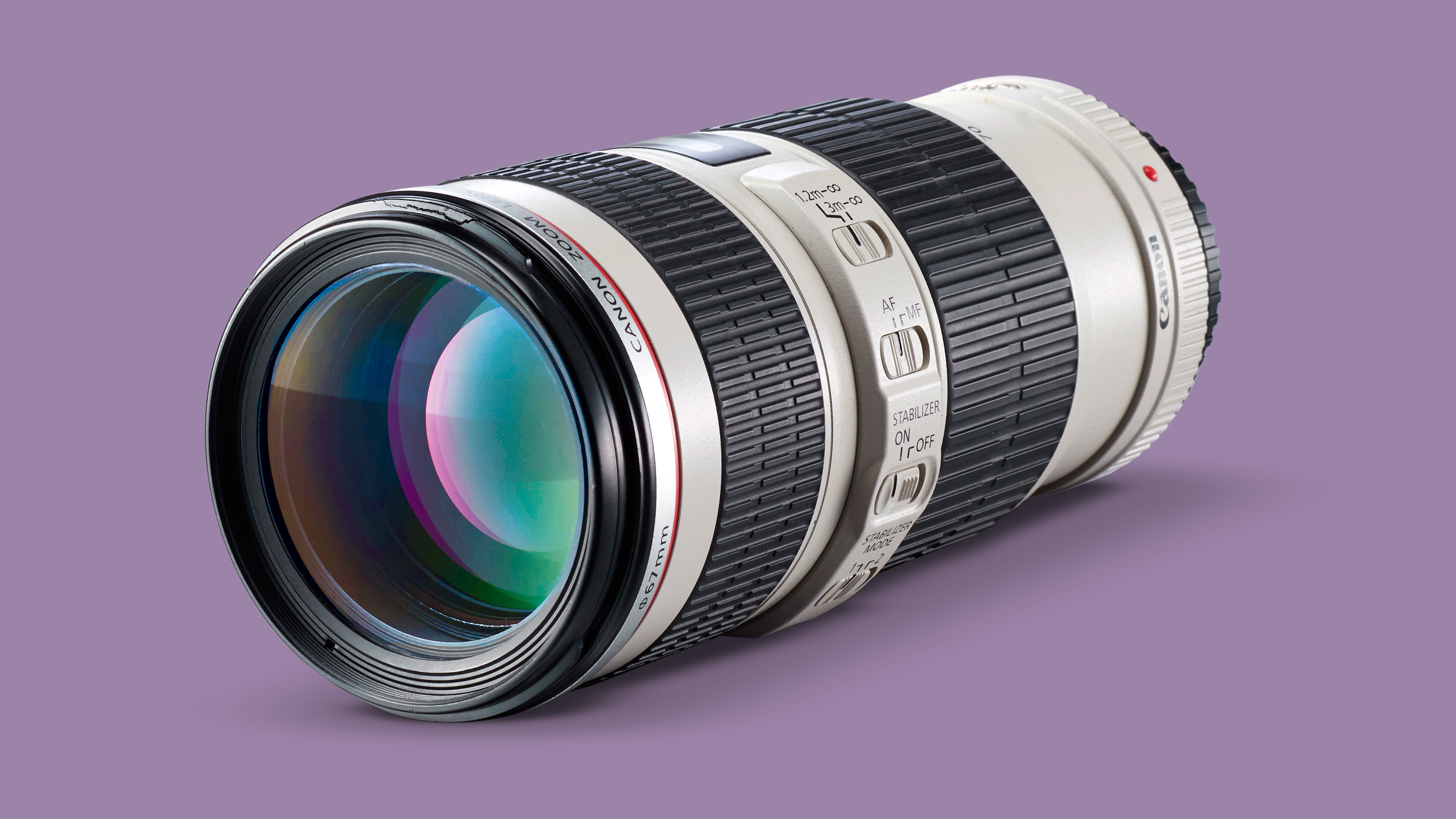
This lens comes in two flavours, and we've gone for the stabilised version which also comes with weather sealing, though costs around twice the price of its sibling. Despite this, it still makes it exceptionally good value considering this is an L-series (Luxury) lens with premium quality optics.
The constant f/4 maximum aperture may be a stop smaller than our top two choices, but it helps keep weight down to just 760g. Impressive, given the reassuringly rugged build quality.
The ring-type USM autofocus system is very fast and whisper quiet, whilst image quality is just as impressive thanks to spectacular sharpness and contrast, along with minimal distortion and fringing.
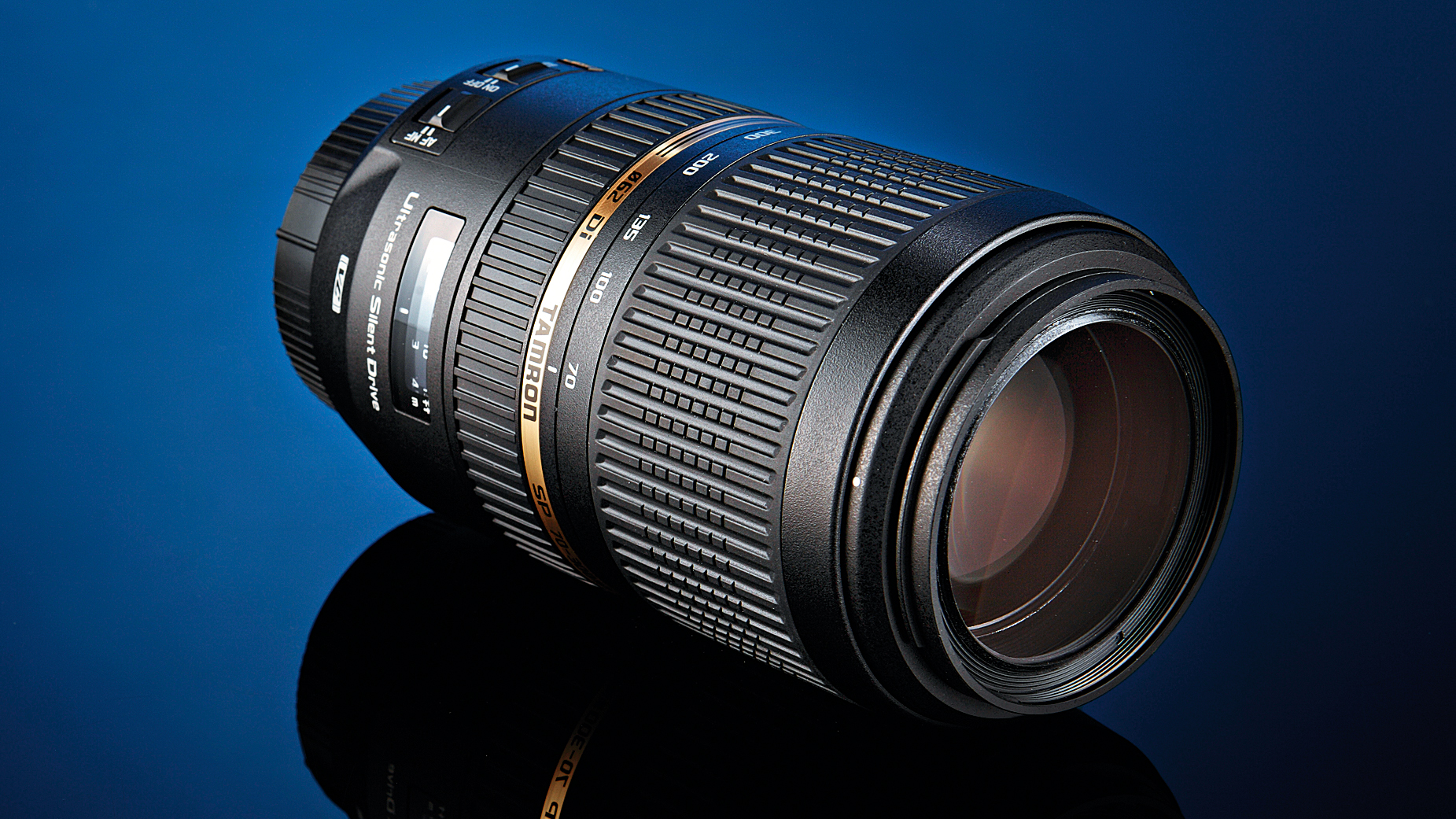
If you'd rather have a bit more reach than a constant aperture, this 'Super Performance' Tamron really stands out from the budget crowd with its high-end feature set.
There's an impressive ring-type autofocus motor which is fast and whisper quiet, as well as an advanced four-stop VC (Vibration Compensation) system that's a match for Canon's latest IS offerings. At 765g, it's quite chunky and weighty for this class of lens, but feels solid and handling is refined. Image quality doesn't disappoint either, as sharpness and contrast are very good throughout the zoom range. Colour fringing is also well controlled, even into the corners of images.
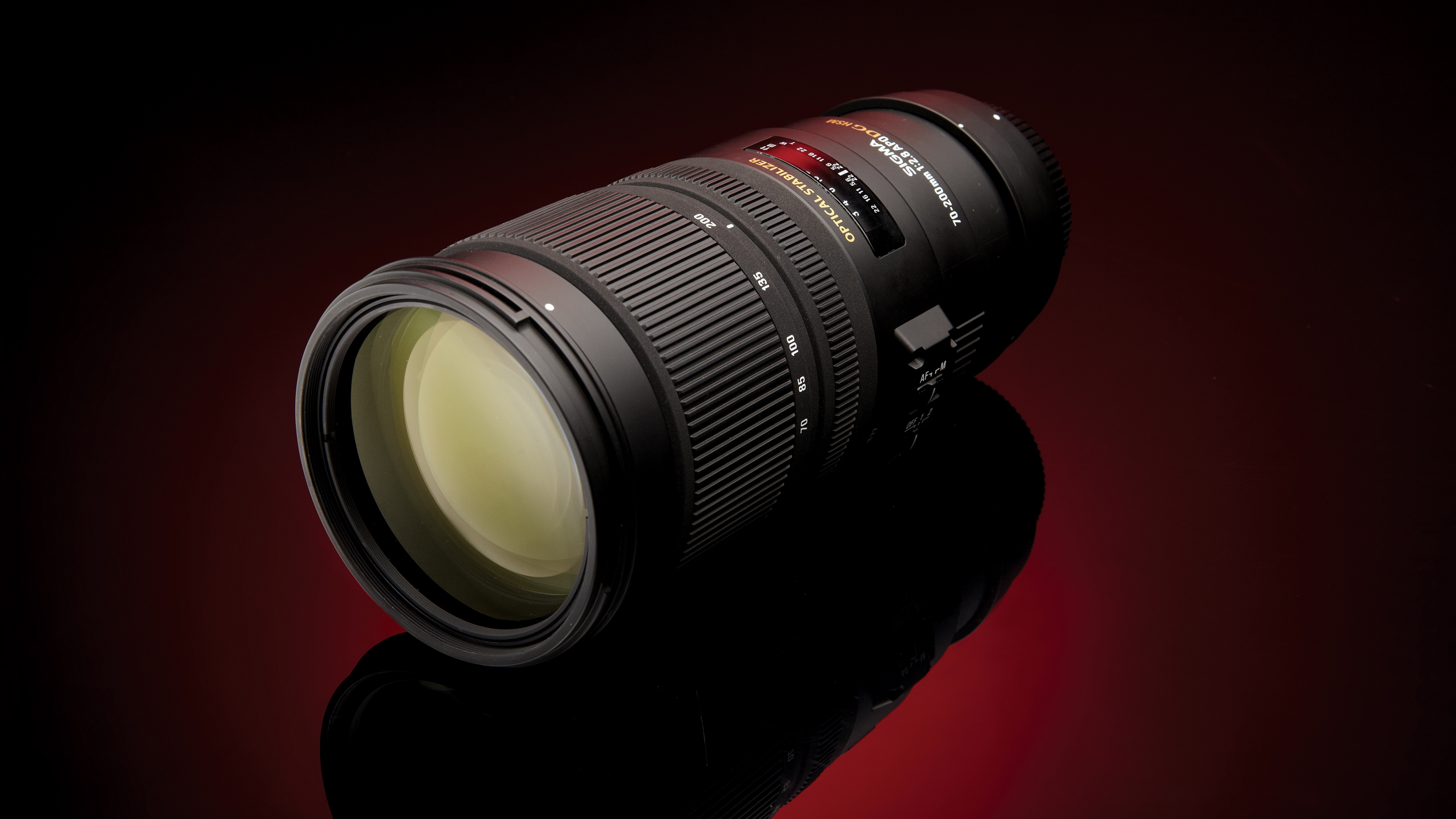
Like the second place Tamron SP 70-200mm, this is another lens that's gunning for the winning Canon optic, but ultimately it loses out to Tamron's superior build quality and weather sealing.
Optical performance is almost as strong though, with five Low Dispersion elements and Sigma's Super Multi-Layer Coating to reduce ghosting and flare. It makes for respectable centre sharpness throughout most of the zoom range, but the Tamron lens edges ahead on corner sharpness and handles fringing and distortion marginally better.
However, this Sigma still offers outstanding value thanks to its fast, super-smooth autofocus system and four-stop, dual-mode image stabiliser.
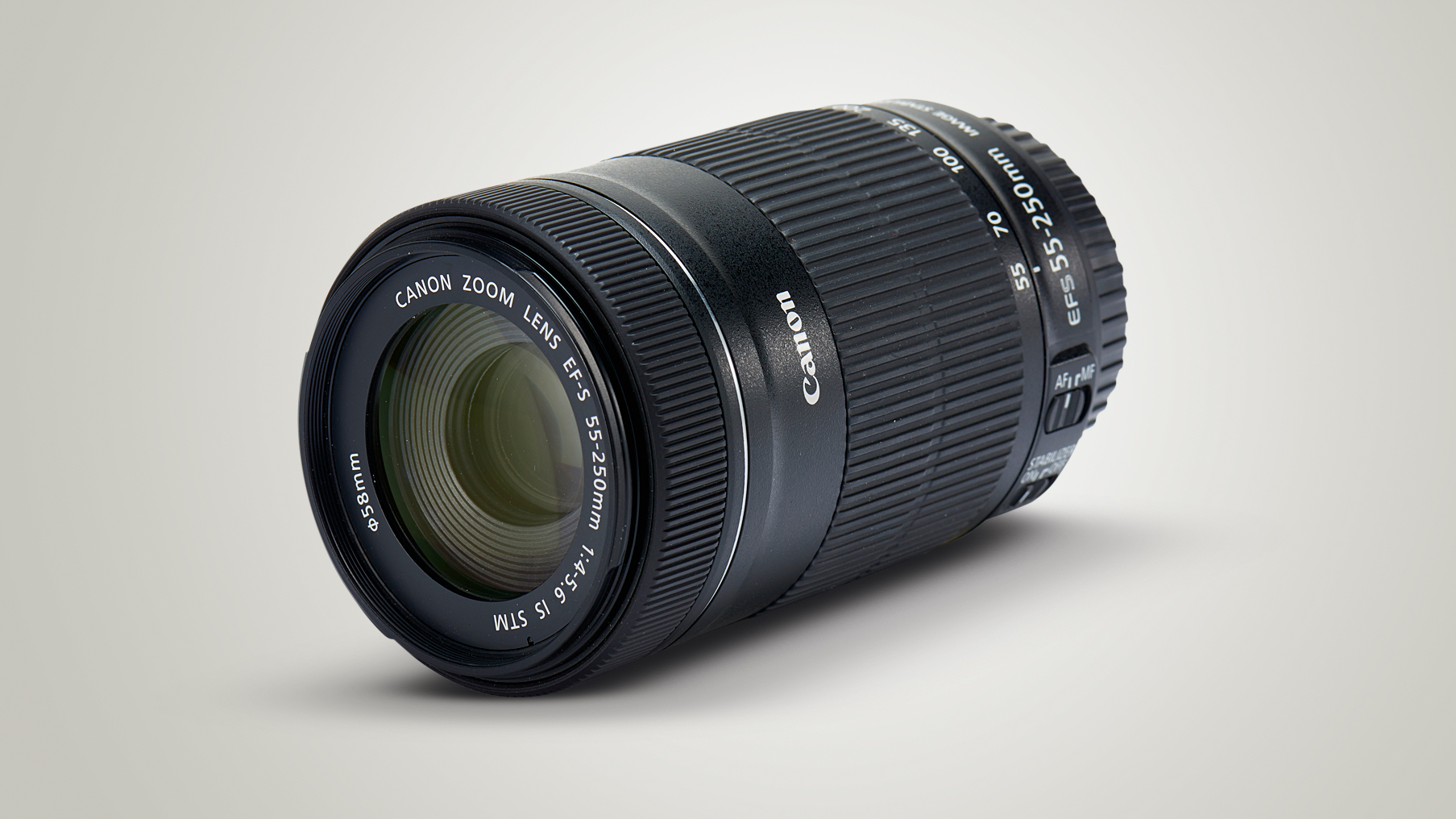
Most people buy their first telephoto lens to compliment an 18-55mm kit optic, and with its 55mm minimum focal length, this is an ideal second lens for an APS-C Canon. It won't be a burden either, tipping the scales at a featherweight 375g, despite packing a 3.5-stop image stabiliser and a modern 'STM' (Stepping Motor) autofocus system with full-time manual override.
Autofocusing is silent and works very well for both stills and video shooting, with the latter benefitting from smooth focus transitions. Image quality is good throughout the entire zoom range, improved by a new optical layout with more elements than the preceding version of this lens.
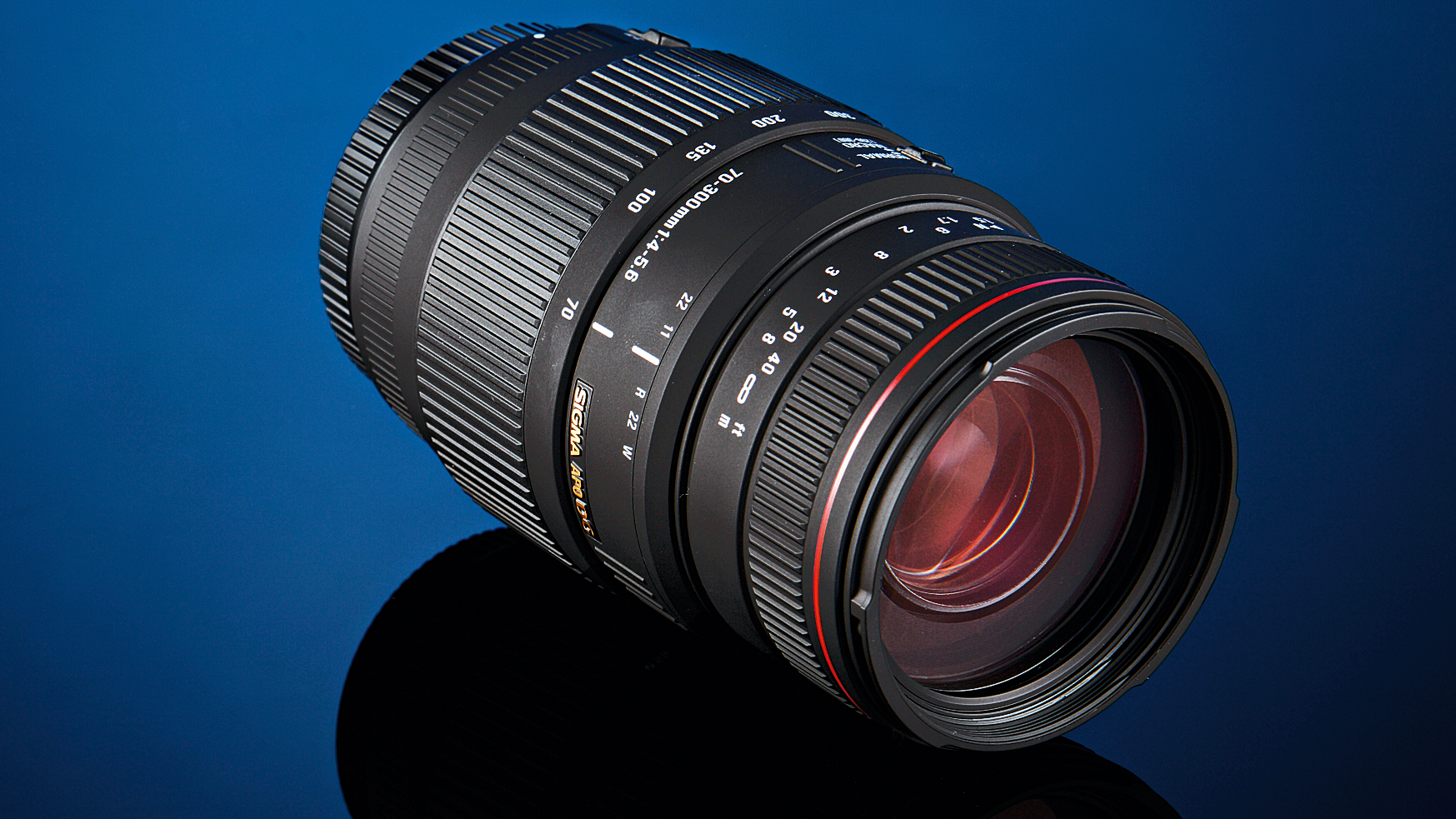
It's not just distant objects that this Sigma can get you closer to, as it's also designed for close-up work, with a 95cm minimum focus distance and a 0.5x magnification factor in Macro mode.
Other attractions include three SLD (Special Low Dispersion) lens elements to minimise chromatic aberrations, however you don't get optical stabilisation and the internal autofocus motor is fairly basic. There's little to complain about with image quality though, as sharpness is high, whilst distortion and fringing are low.
The only noticeable issue is a lack of contrast in images taken under dull lighting, but the rock-bottom price easily compensates.
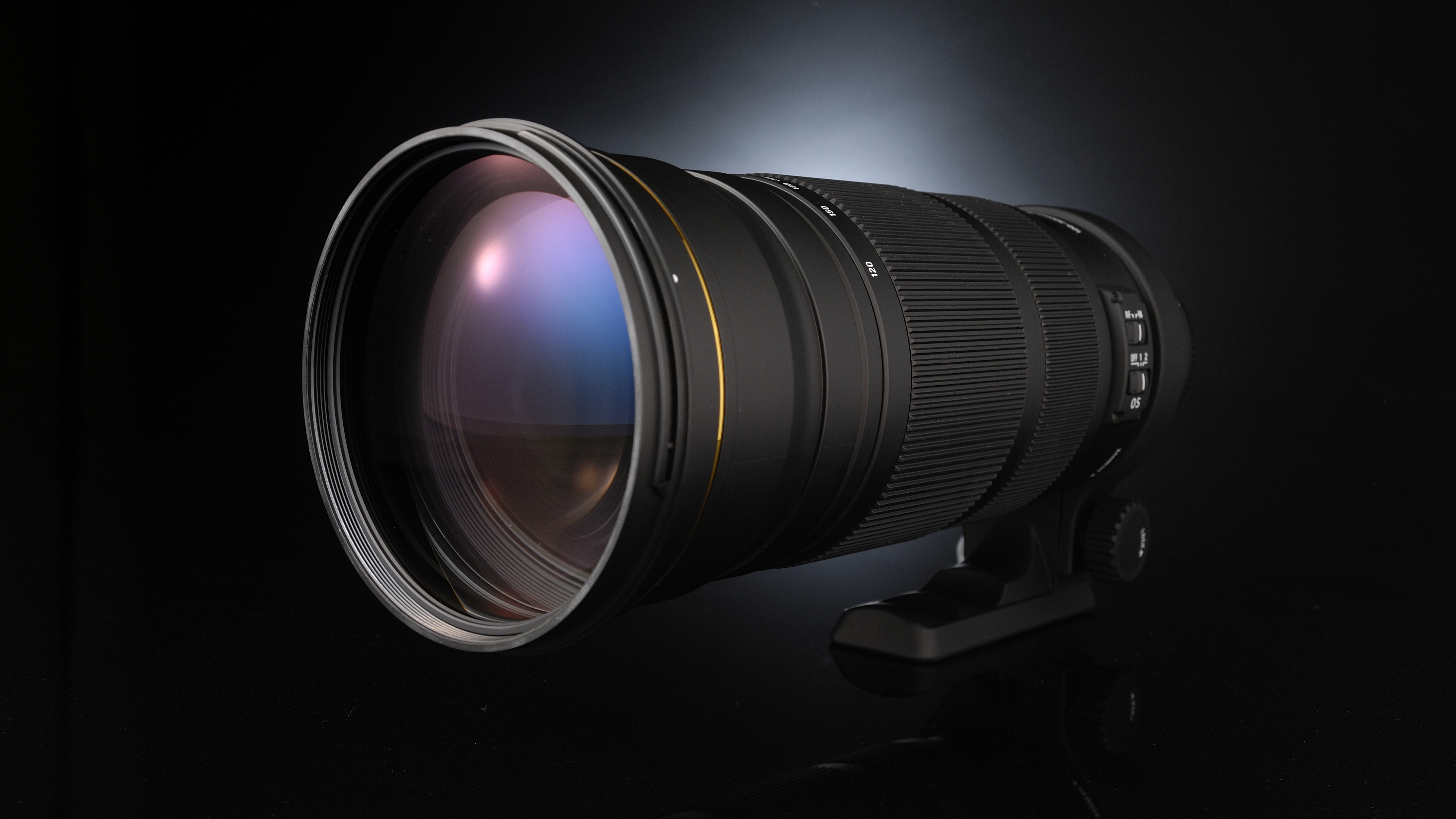
It may be last on our list, but that's not because this big beast falls short on image quality. Sharpness is excellent throughout the entire zoom range, even at f/2.8, and impressively for a zoom kens, distortions and fringing are absolutely minimal. Inside is Sigma's dual-mode image stabiliser for static and panning shooting.
The lens is even compatible with an optional USB dock which lets you customise focus range limiting, autofocus speed and stabilisation attributes. Bulletproof build and weather seals further help justify the serious price, but they do contribute to the lens' massive 3.39kg bulk, and this can make prolonged handheld shooting a pain.